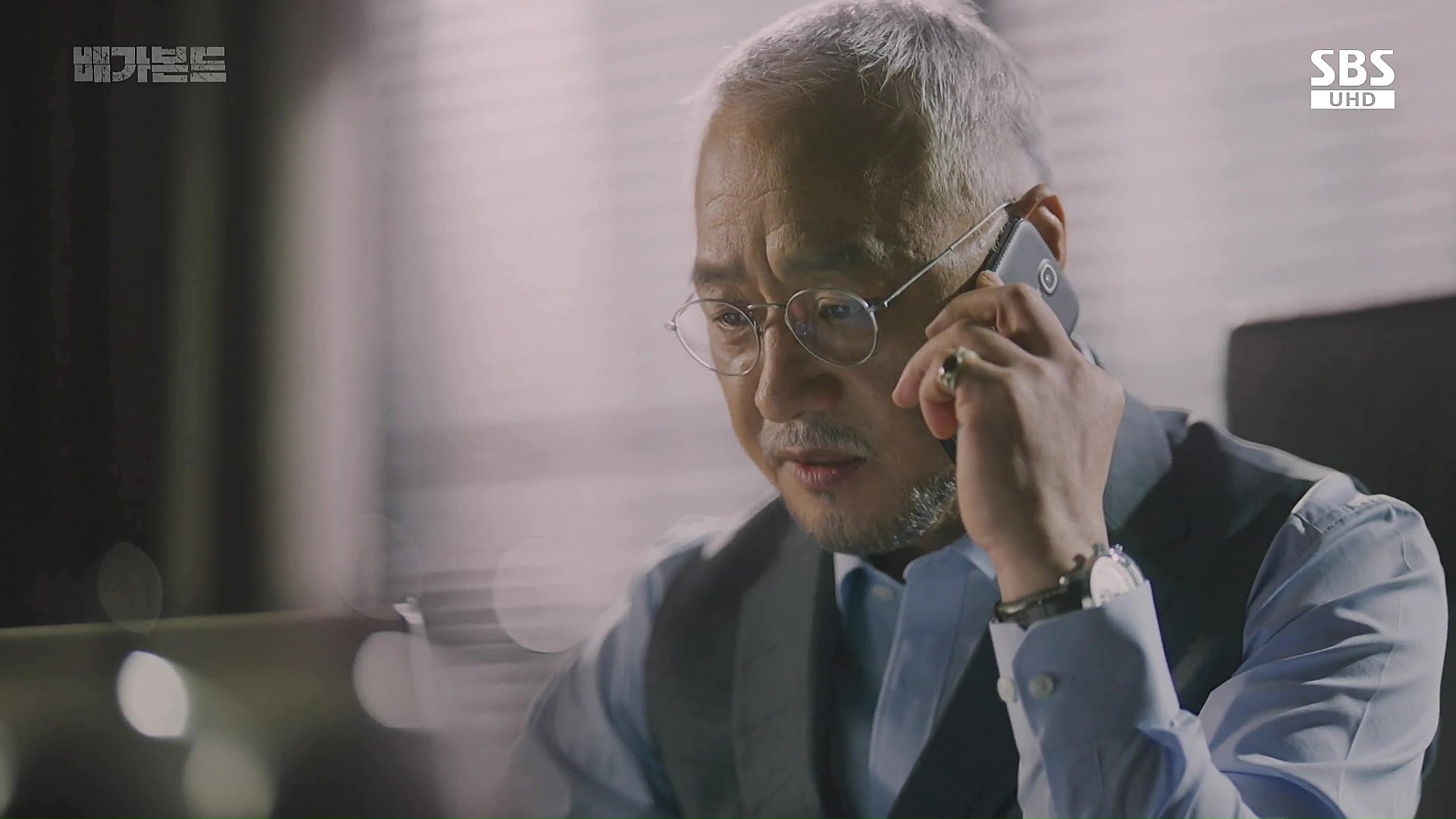SMALL SCREEN
‘Vagabond’: Watching corruption unfold feels all too familiar, even on film

The highly rated 2019 Netflix drama series Vagabond offers an account of Korean society’s perennial struggle with corruption that reads as an eerie playbook of South Africa’s own era of State Capture.
Comparisons between South Africa and South Korea tend to urge the emulation of the apparent economic success won by the Asian nation. However, any parallels between the economic trajectories of the two countries might be more apt in a far darker realm.
The highly rated Netflix drama series Vagabond offers an account of Korean society’s perennial struggle with corruption that reads as an eerie playbook of South Africa’s own era of State Capture.
Vagabond’s story revolves around Cha Dal-gun (Lee Seung-gi) a down-and-out stuntman who uncovers the true cause of a commercial airline crash in Morocco in which his nephew was killed. A reluctant alliance develops with a rookie intelligence agent Go Hae-ri (Bae Suzy) attached to the Korean embassy in Rabat. Together they expose the crash as the linchpin in a corrupt tender process for warplanes between the government and competing arms manufacturers.
If you see fiction film as a form of historical document, Vagabond presents the South African viewer with a gloomy looking glass indeed. It can be presumed that director Yoo In-sik and writers Jang Young-chul and Jung Kyung-soon drew on the true-life corruption scandals that rocked South Korea from the moment of its transition from dictatorship in the late eighties to its climax in 2018 when President Park Geun-hee was impeached and imprisoned, with a reformist president ushering in a new era of clean government.
These scandals involved corrupt dealings between corporate capital and an overly powerful executive not averse to embezzlement, fraud and blatant tinkering with judicial and public service appointments. The birth pangs of South Korean democracy have been no less painful than our own.
The particular insight Vagabond offers those of us transfixed by the spectacle of the State Capture Commission is that the notion of a clean relationship between big business and government is something of a unicorn.
Moreover, the drama seems to show that a country pushing hard to move out of underdevelopment through the use of neoliberal economics is bound to fall into these sorts of underhand relationships. In South Korea, from the get-go, the decidedly authoritarian state relied on an oligopoly of industrial conglomerates to bring about job creation, consumer spending and the eventual engenderment of a comfortable middle class.
As in the case of South Africa, the system of state tender invites fraud and embezzlement, state intelligence begs to be captured, and a cohort of top public servants who must out of necessity be drawn into complicity. In Vagabond, a TV drama, the state tender in question is heightened; it is the purchase of warplanes from competing international arms manufacturers, not underhand dealings with Samsung, as was the case in the real-life downfall of the impeached Park.
In the case of South Africa the public record of our woes can be traced to a corrupt arms deal; in the telling of South Africa’s story there is little need for dramatic embellishment. So too Vagabond illuminates how no embezzlement or bribery is possible without at least a unit or two within the national intelligence service brought on side.
Not only that, this covert unit must be willing to undermine the entire body politic. In Vagabond, the covert unit, under the leadership of the director of national intelligence no less, covers up evidence that the downed airliner was the target of sabotage.
It is imperative that it never comes to light that the crash was a ploy to win government favour for one of the aeronautics manufacturers competing in the bid to supply warplanes. The threat to the functioning of an independent judiciary is realised when the dissident unit uses violence in a bid to murder loyal intelligence agents and their charge, the key witness in the trial that would expose the dizzy heights the corrupt arms deal reached. That the covert intelligence unit draws in a bamboozled and crooked police force is all too familiar to a South African audience.

Vagabond. Image: Netflix
Vagabond exposes the criminal behaviour of lobbyists for the competing airplane manufacturers, with the viewer led to believe the one is innocent and the other dastardly, but in the end left with the gloomy observation that one is inevitably as corrupt as the other.
The charismatic president, with an ostensible and even plausibly sincere devotion to the wellbeing of the people of South Korea, stands atop the corruption with ready self-justification. The analogy with the role of arms manufacturer Thales in the two-decade corruption case against former president Jacob Zuma need hardly be pointed out.
The sentimental diversion sometimes voiced by politicians while under the spotlight for corruption – the natural wealth and superb climate of the country – finds reference in Vagabond, where the film seeks to ironically frame corrupt South Korea in the glossy wide shots of South African Tourism-style PR catalogues.
The all too tragic conclusion that the viewer is dared to resist is that for a developing state deemed to have made it, such as South Korea, as much as for one that has not, such as South Africa, State Capture is, in fact, business as usual. DM/ML
















 Become an Insider
Become an Insider
Comments - Please login in order to comment.